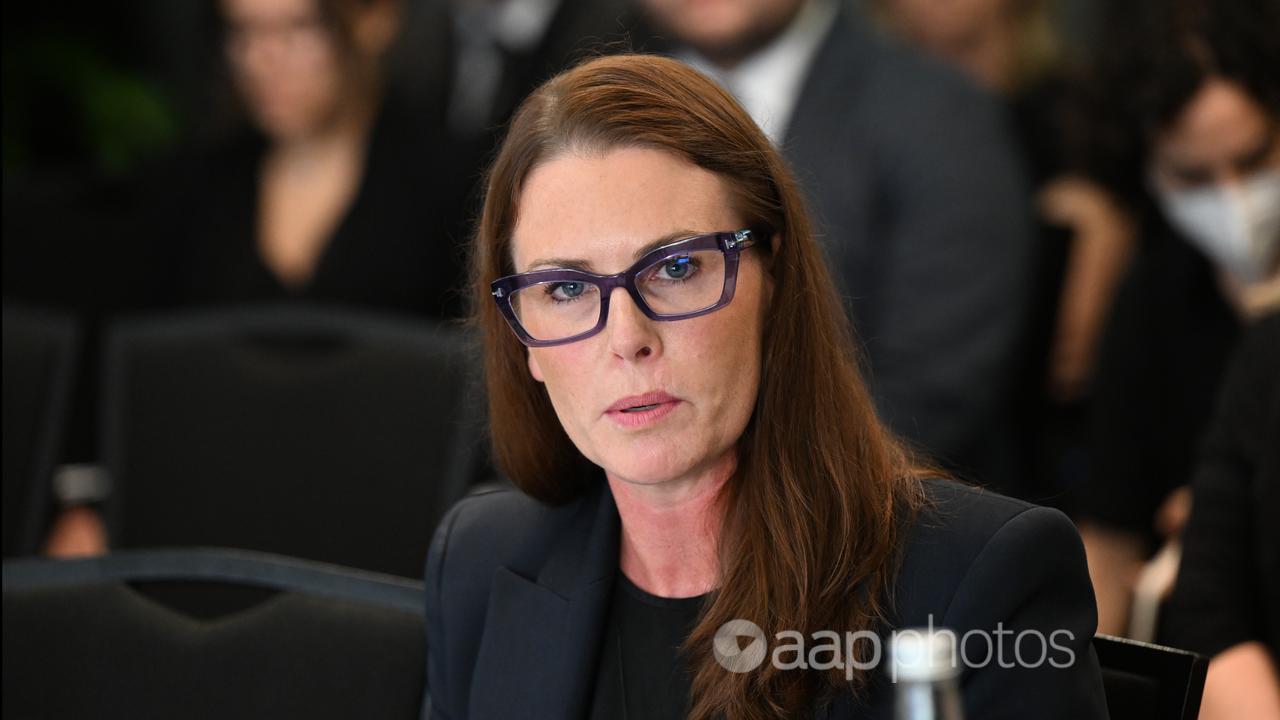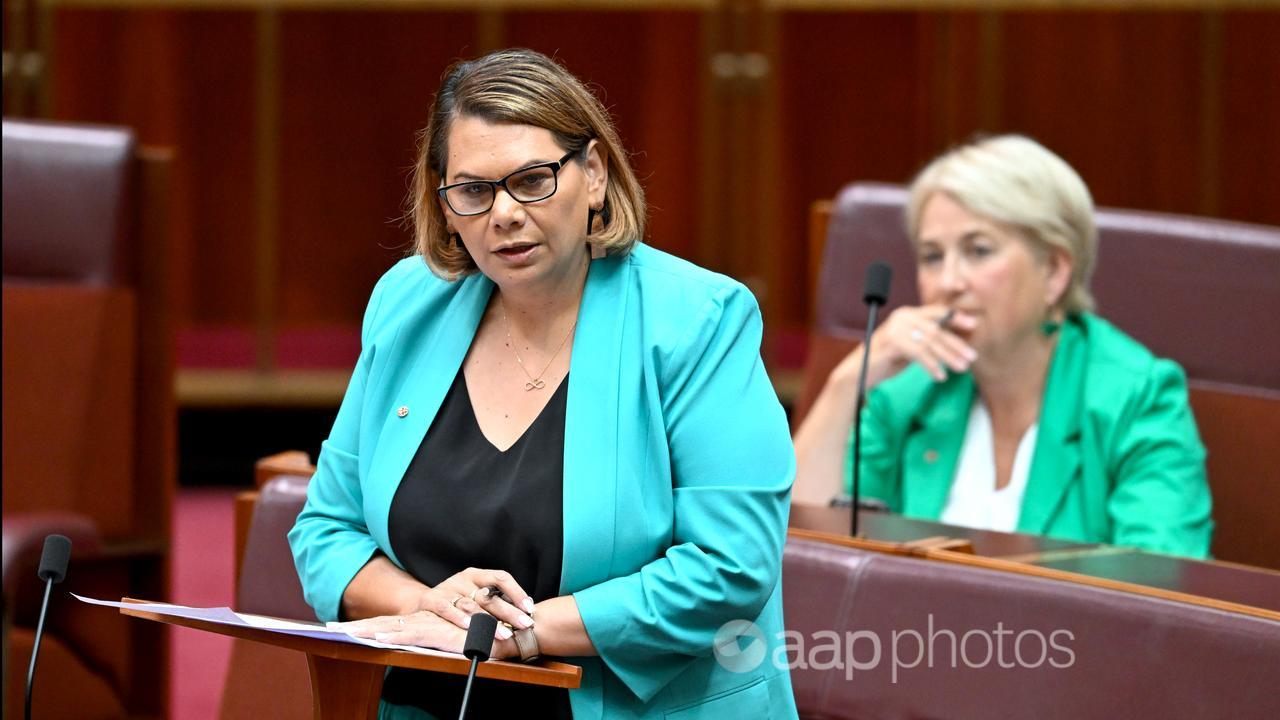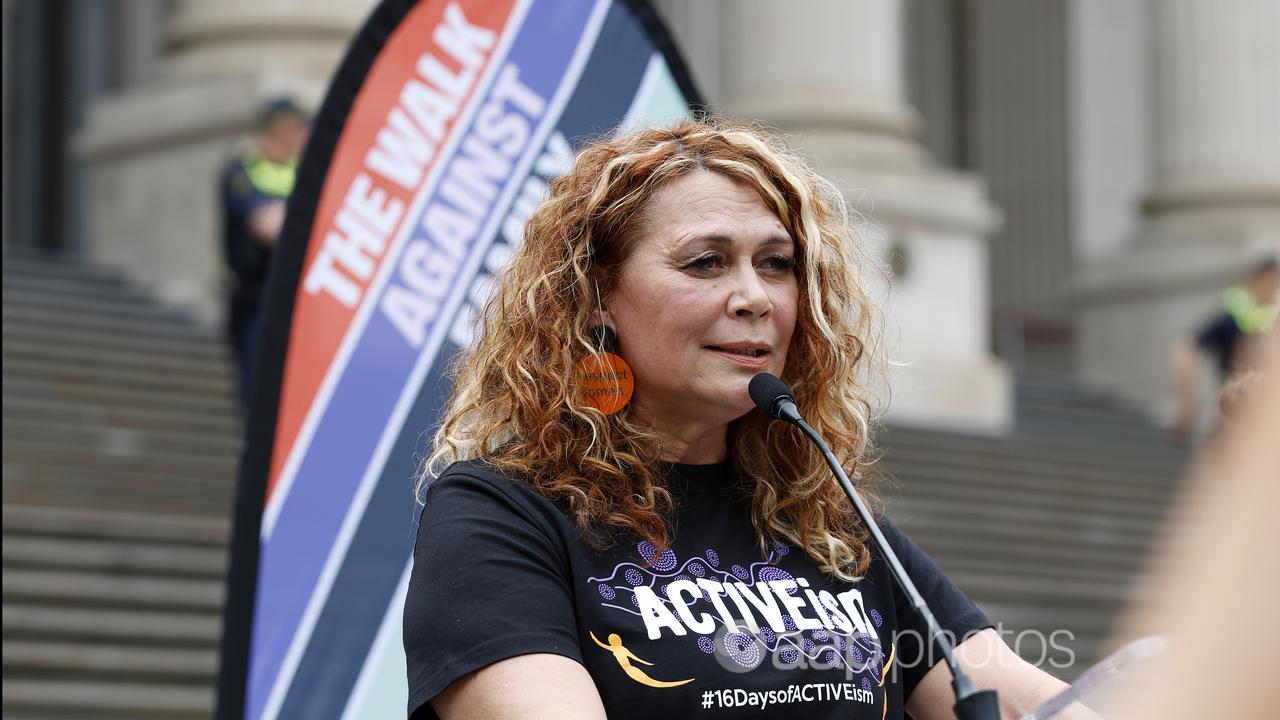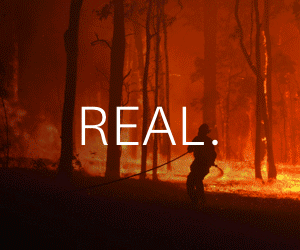Justice can never be achieved for missing and murdered First Nations women and children while they remain “invisible” and unprotected.
That is the message from Indigenous women across Australia following the release of a Senate inquiry’s final report.
The report, delivered on Thursday after two years of public hearings, found there had been “little, if any justice” for First Nations women and children who had been murdered or disappeared.

Lawyer Karen Iles, the founder of the Make Police Investigate campaign, said it was positive the committee had recommended the appointment of an advocate for First Nations women and children within the Domestic, Family and Sexual Violence Commission.
Ms Iles also welcomed the call for a sustainable funding mechanism for support services, including Aboriginal-controlled organisations, and a recommendation that the media reflect on their portrayal of the issue.
But the Dharug woman said the report was “tinkering at the edges” and did not believe its 10 recommendations would lead to any decrease in the abduction, sexual assault and murder of Indigenous women and children.
“There are some positive things in this report but I think overwhelmingly families who have experienced this unspeakable trauma of unresolved justice, you can never achieve justice,” she told AAP.
“You can’t even access justice at the moment because of how deep the systemic issues of bias in our police force go.
“Our laws are quite clear on abduction, sexual assault and murder … they’re just not being enforced and until we send a message to perpetrators that if you commit these horrible crimes you can expect the force of the law to come down on you like a tonne of bricks it’s not going to change.”
The committee also recommended that the nation’s police ministers review and “harmonise” policing practices by the end of 2025.
It said cultural awareness training for employees, support and promotion of Indigenous people and appropriate guidelines for the review of past cases should all be considered.
Ms Iles said there must be an alternative mechanism to police for Aboriginal and Torres Strait Islander victims and their families to report to after generations of trust being eroded in existing systems.
“This stuff causes so much trauma in community and families, mums and dads. It is not good enough to simply say that the police should do some training,” she said.
“And it’s not good enough that the police are reviewing themselves.
“What I think we actually want to see is when the states and territories sit down and have a hard look at their conduct, that they’re actually involving and listening to the voices of families and communities that have been impacted by this problem. And genuinely being led by them, not paying them lip service.”
The chief executive of Indigenous-led family violence prevention service Djirra, Antoinette Braybrook, welcomed the recommendations to increase capacity and ensure funding for organisations to support First Nations women.
“This inquiry is an important first step in bringing the devastating realities of the epidemic of violence facing First Nations women and children to national attention, but it is only an initial first step,” she said.
“If the recommendations had been bolder and delivered the urgent, practical actions our women and children need to be safe – it could have been an even bigger step.”
Ms Braybrook said she was concerned the recommendations did not address the outdated data which impacts decisions made on Indigenous women’s and children’s safety.

Greens senator Dorinda Cox, who was a member of the committee which headed up the inquiry, said the available statistics were harrowing.
She said more than 300 First Nations women have been murdered in Australia and while representing three per cent of the entire population, Indigenous people make up 20 per cent of homicide statistics.
Senator Cox said the report did not go far enough, pointing out the “glaring omission” of improving data collection.
“We know how many people died on the roads because we have a national body that does that,” she told AAP.
“We don’t know how many First Nations women and children are being murdered.
“We remain invisible while not being counted in this country for critical statistics like this.”
Human rights lawyer and Noongar woman Hannah McGlade said while the recommendations were largely positive, she still had concerns about the review into policing practices.
“Perhaps it’s a start but we know these issues around policing and racial profiling and abuse of Aboriginal women are so deeply entrenched,” Dr McGlade said.
“I have previously called for an Aboriginal justice council – a national body – and I think that’s actually really what’s needed to seriously address the issue of over-incarceration and violence to women, as well as this very severe problem of racism in the legal system.”
Although many have expressed their disappointment in the report’s recommendations, Dr McGlade said it was important First Nations women, children and their families had their stories heard through the inquiry process.
“There is an air of history-making in this because it has been swept under the carpet by governments for far too long,” she said.
“Aboriginal women have been fighting for decades now to bring it to light and to do something about it and we’ve been largely unsupported and unheard.”

Ms Braybrook said there must now be bipartisan support among national, state and territory leaders to invest in solutions which will put Indigenous women and children’s safety first.
“Through this landmark inquiry, First Nations people have told our truths,” she said.
“Truth is uncomfortable. It can be painful. But it must be spoken, it must be heard, and Governments must act on it.
“You cannot un-hear us now. We are watching, and we will continue to demand change.”
13YARN 13 92 76
Lifeline 13 11 14
1800 RESPECT (1800 737 732)
National Sexual Abuse and Redress Support Service 1800 211 028




















